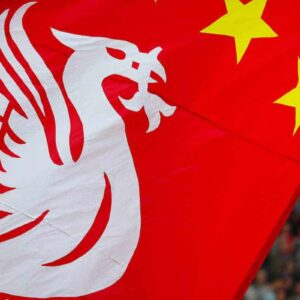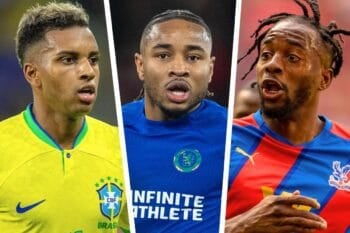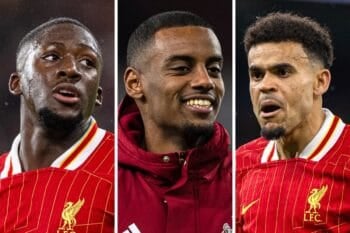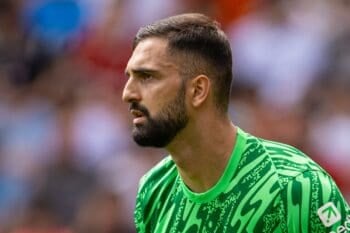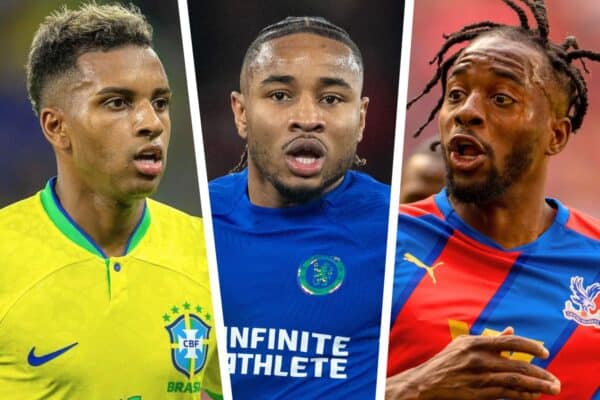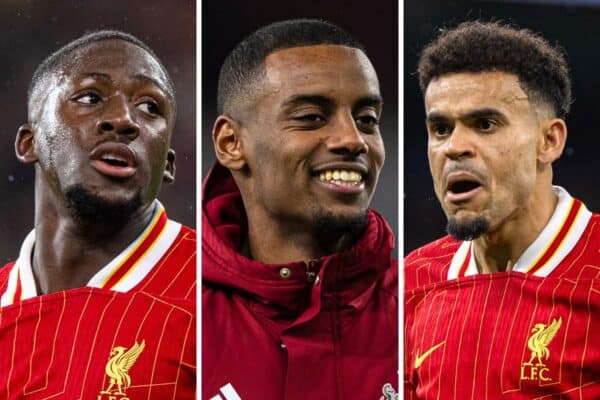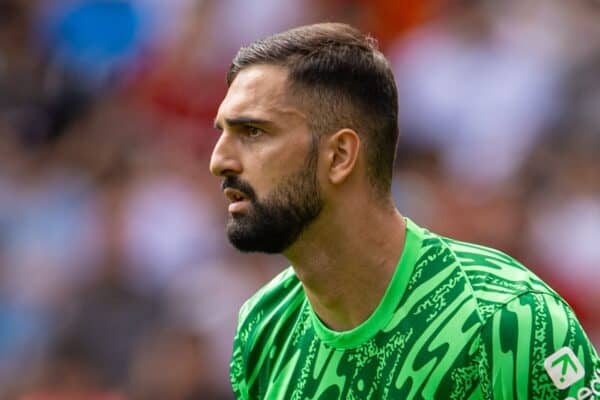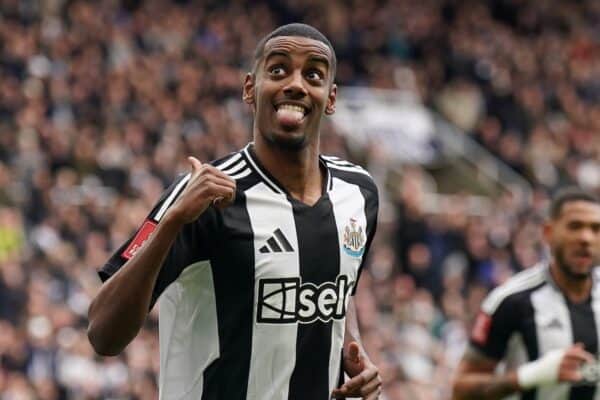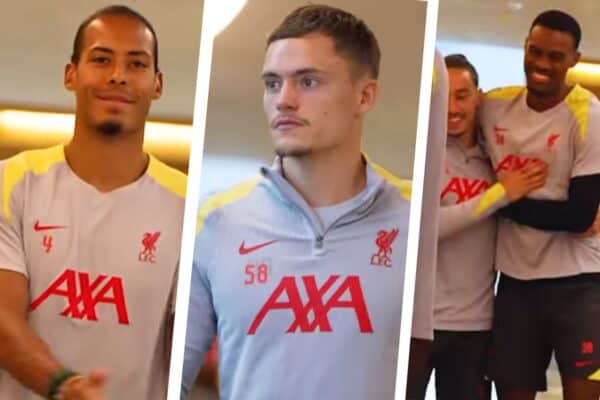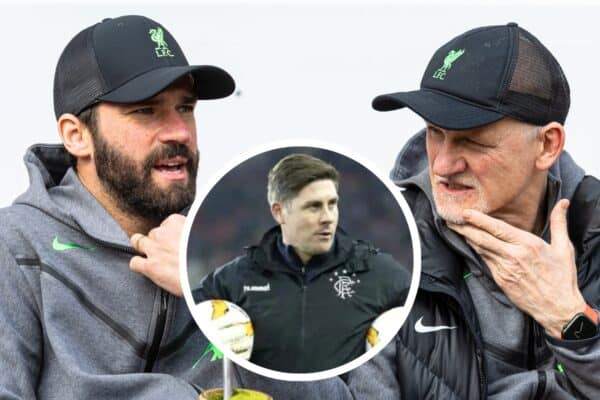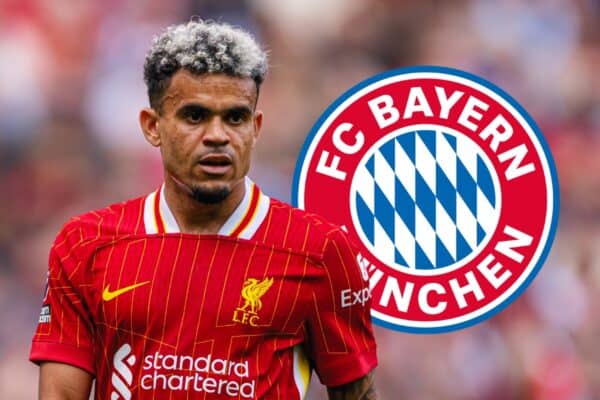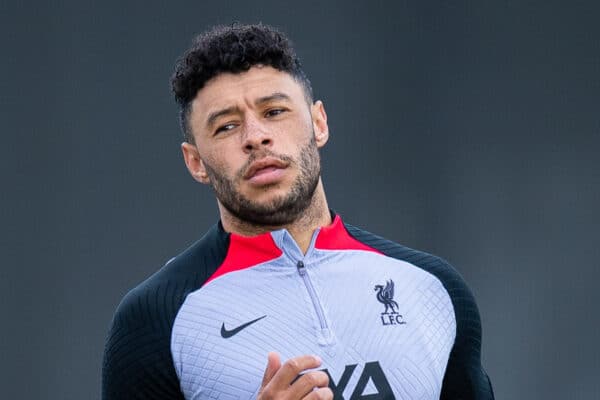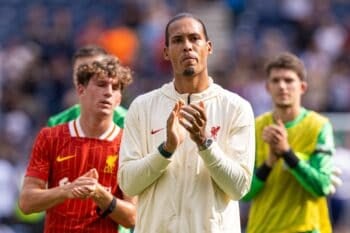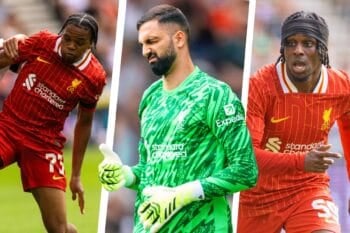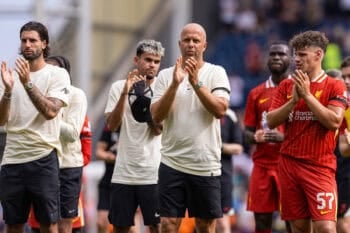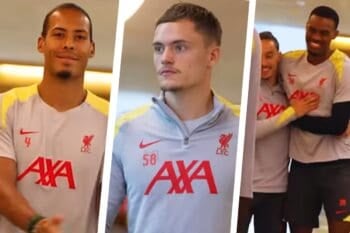Geebo continues his tribute to departing Liverpool academy director Steve Heighway, who leaves this summer having guided the youth team to their second consecutive FA Youth Cup win last week, defeating Man United in the final.
Here’s what happened to Steve after he left Liverpool as a player…
America
He decided to ply his trade in the USA with Minnesota Kicks for the 1981 season. He played 30 games, scored 4 goals and assisted on 8 others. He then joined the coaching staff of Umbro, which led to a position at the Clearwater Chargers Youth football Club where he pioneered the role of Director of Coaching in the United States.
1989- Academy
After an eight-year spell playing and coaching in the United States, he returned to Anfield in 1989 as Youth Development Officer and helped bring through the likes of Robbie Fowler, Michael Owen and Steven Gerrard. In the late 1990s, he was instrumental in establishing the Anfield Academy, which nurtures the club’s young talent. He remains in this role today until May 2007 when he will retire. (Liverpool’s official web site)
In 2006, he was named 23rd out of 100 Players Who Shook The Kop series on the official website.
Academy Director
Now the seventies star has an equally important role to play as he helps to develop as many of the club’s youngsters as possible with a view to as many of them as possible one day playing first team football.
Steve is Liverpool’s Academy Director and, with his dedicated team at the fantastic Academy complex in Kirkby, he oversees an operation which caters for one hundred and fifty youngsters of all ages as they all pursue their dream of becoming a professional footballer.
‘I love the job and I feel a great sense of responsibility towards the club,’ says Steve. ‘The board have shown considerable foresight by investing so heavily in the Academy and we each have a role to play now to repay that faith.
‘Our record over the years of bringing our own players through is magnificent and we hope there are many more to come in the next few years.’
Upon retiring, he eventually returned to Anfield as the youth development officer in the 1980s, working alongside his old team mate Roy Evans, and leading Liverpool’s Youth team to their first ever success in the FA Youth Cup in 1996.
Having brought through such immense talents as Robbie Fowler, Steve McManaman, Michael Owen, Jamie Carragher and Steven Gerrard, Dominic Matteo and David Thompson, Steve was instrumental in setting up the world-leading Anfield Academy which opened on January 20th 1999, and as Director of the Academy he continues to ensure a steady flow of the very finest young talent into the Liverpool first team.
The interview with the Liverpool Echo, January 13th 2007:
HEIGHWAY: The 1st Academy Interview
Chrish BascombeSteve, there are rumours you’re about to leave Liverpool. What’s the truth?
“We all leave Liverpool eventually. I’m getting on. I’m nearly 60 now, so I won’t be here forever.”
Why have fewer Academy players established themselves in the first team recently?
“These things go in cycles. When I started here in 1989, the chief executive, Peter Robinson, said to me we haven’t produced a local player for 10 years.
“We had a long run with the likes of Phil Thompson and Sammy Lee, going back to Chris Lawler and Tommy Smith in the 1960s, and then a long gap.
“It’s frustrating for all of us we haven’t provided a superstar for a few years. We’d all love that, but don’t forget some players who weren’t perceived to be that level have done a good job for us.
“I remember Neil Mellor helping us win games that took us further in the Champions League. His career didn’t progress at Liverpool, but he still did it.
“We have a list of players who fell short for Liverpool, but they’ve good careers in the game to look forward to.
“Callum Woods left Liverpool last summer to play in the Scottish Premier League That in itself is a success because over the last seven years there’s been a 75 per cent decrease in the jobs available to English players within the sport. Academies are preparing kids better for professional football, but at the end of it there are fewer jobs for English footballers.
“Thirty years ago you’d see the best players getting a chance at 18, and by 21 they had enough experience to get a settled place in the team. Nowadays, it’s harder for them to get the opportunity to show what they can do.
“The great finishing school for any player is not The Academy or the reserves, it’s walking down the tunnel. You don’t know until a boy does that if he’ll take his chance.
“The managers don’t have to take chances. Beyond the starting elevens, there are now eight others with international experience.
“Unless there is an injury crisis, or a lesser tournament, the manager doesn’t have to go down to the Academy boys.”So you’re saying it’s now harder than it’s ever been for a local boy to play for Liverpool?
“I’m saying it’s harder for any English boy to play for a Premiership club. If you’re Gerrard or Owen, you will always play. The gift is so massive. They’re obvious. After that, you’re dealing with players where you’re not sure how good they’ll become. We’ve always had the players here, but the frustration is you don’t know how good they can be if they haven’t got the opportunity.“We won the youth cup last season with some terrific kids such as Lindfield, Spearing, Darby and Threlfall. How far they get is not only down to how good they are, but how many opportunities they get. I’m not sure if even I’d get through with things how they are now, and we were speaking to Jamie Carragher recently and he made the same point.
“When I made my debut, 40,000 Liverpool fans were asking who’s he? When they threw me in they must have been sitting in the bootroom thinking they only had the kid from Skelmersdale left to play. They could never have known I’d be a player.”
Interview with Sunday Telegraph, March 4th 2007:
Heighway on the right road to cup glory
By Les RoopanarineShould Heighway’s tyros win that semi-final and go on to retain the trophy, Liverpool will become only the fifth club to do so. It is all a far cry from 1989, when Heighway first took charge. How did he transform the underachieving youth set-up he inherited then into the life-support system that sustains the club’s local heartbeat today?
“There’s no magic,” says Heighway. “We don’t take a bad player and make him into a great one. If a special player is a special person, he’s probably a gem. But there have been many special players who haven’t been special people and have fallen by the wayside. We’re always aware of that.”
Hence the holistic approach to youth development that is the cornerstone of Heighway’s coaching philosophy. “More than anything else, we create a warm, comfortable feeling at this football club. I would like to think that if you spoke to the boys who have done well, people like Michael Owen and Steven Gerrard, they would all tell you that we nurtured them, created a great atmosphere for them, and gave them a great education in the game.”
They would say all those things. Owen writes in his autobiography of “a special bond” with Heighway, while Gerrard recalls that he was “inspired from the first handshake”. Success breeds expectation, however, and the current lack of local inheritors to the Anfield dream has inevitably raised eyebrows. Heighway remains sanguine, insisting that Liverpool have the right “infrastructure” to unearth more doorstep diamonds.
…..
The wing has always been a place where players of special talent flew graciously past opponent and wrong footed opposition defenders before making the crucial assist or scoring spectacularly themselves. A place, where only the best were good enough, and those that succeeded mesmersized crowds with there skills. Heighway was one of these. He had a unique style and talent. He was a joy to watch as he tore into opposing defences. The sight of him bounding down the wing and jinking inside will stay in my mind forever. A strong player and in the hard years of full bloodied tackles he was not easily seperated from the ball, rather, known for his strength. He was a central part of that unique team that in four years won three league titles and three European titles, that won three unique international doubles, that won five titles in six years. A feat never matched before or since. The team that some call the best of all time: and he was the left winger of that formidable team. And for some, that is justification enough to call him the best winger of all time. The Heighway may be at an end, and what an end of an era it is, but the man, Steve Heighway, whose story is so richly woven into the fabric of this great club, will never be forgotten.
All round the Fields of Anfield Road
Where once we watched the King Kenny play (and could he play)
We had Heighway on the wing
We had dreams and songs to sing
Of the glory round the Fields of Anfield Road
Honours as Player:
· Division 1 (top league): 1973, 1976, 1977, 1979
· FA Cup: 1974; Runner-up: 1971, 1977
· European Cup: 1977, 1978
· UEFA Cup: 1973, 1976
· Football League Cup: 1981; League Cup: 1978
· Charity Shield: 1974, 1976, 1977, 1979; Runner-up: 1971
European Super Cup: 1977; Runner-up: 1978
As Academy Director:
FA Youth Cup: 1996, 2006, 2007
League appearances/goals (1970/71-1980/81)
1970-1971 Played 31 Scored 4 goals (Division 1)
1971-1972 Played 40 Scored 4 goals (Division 1)
1972-1973 Played 38 Scored 6 goals (Division 1)
1973-1974 Played 36 Scored 5 goals (Division 1)
1974-1975 Played 35 Scored 9 goals (Division 1)
1975-1976 Played 39 Scored 4 goals (Division 1)
1976-1977 Played 39 Scored 8 goals (Division 1)
1977-1978 Played 28 Scored 5 goals (Division 1)
1978-1979 Played 28 Scored 4 goals (Division 1)
1979-1980 Played 9 Scored 1 goal (Division 1)
1980-1981 Played 6 Scored 0 goals (Division 1)
1st team games: 473 1st team goals: 76
Other clubs: Skelmersdale United, Minnesota Kicks
International caps while with Liverpool: 33
